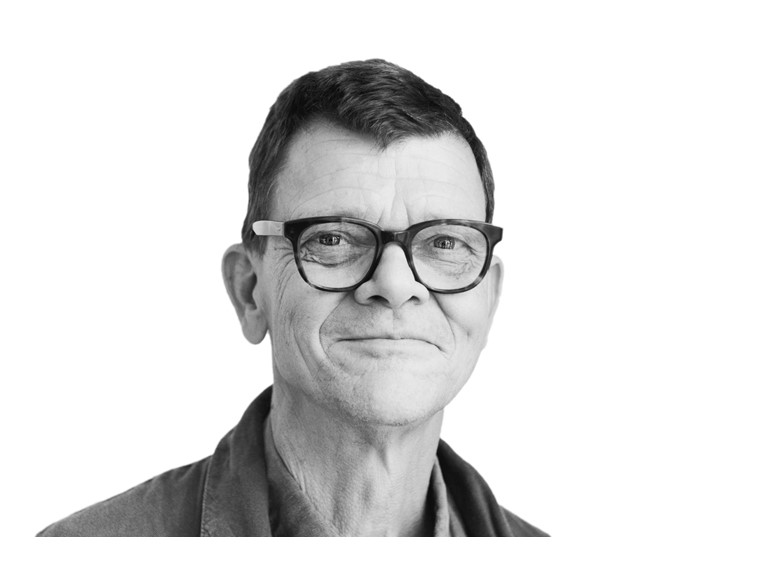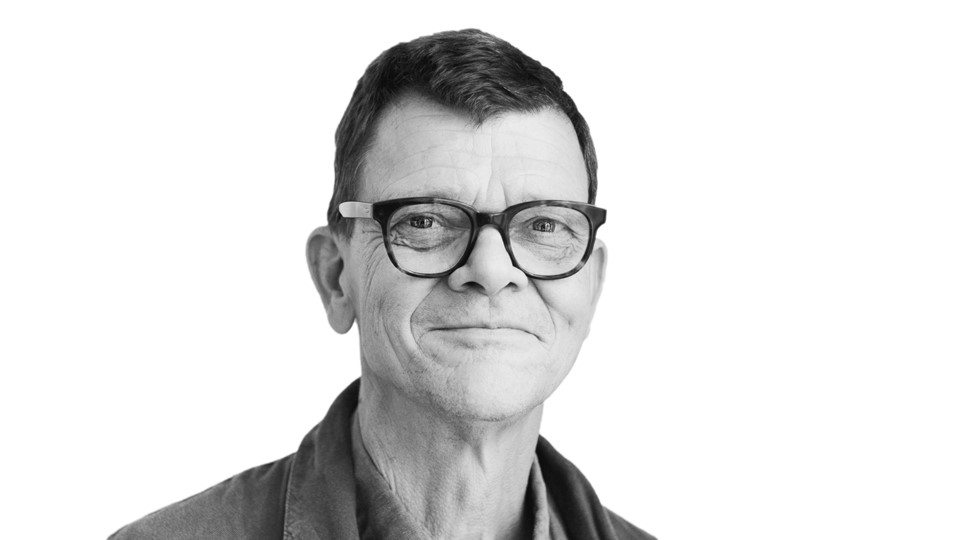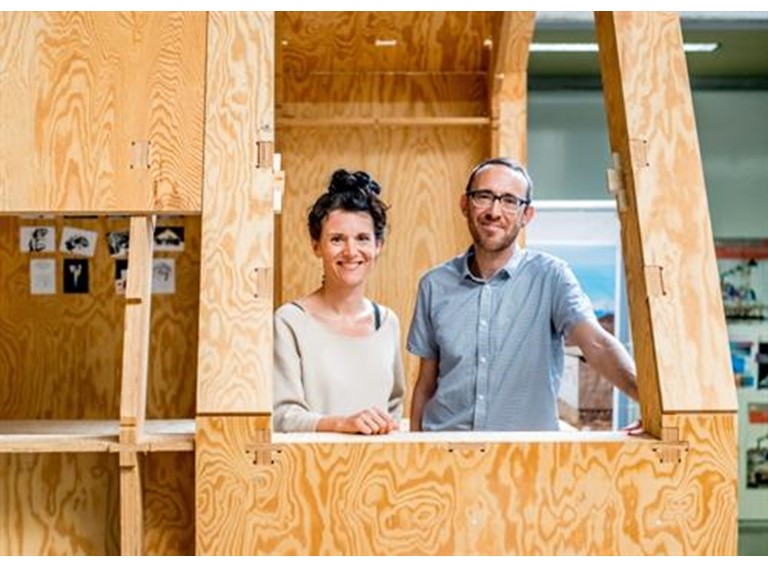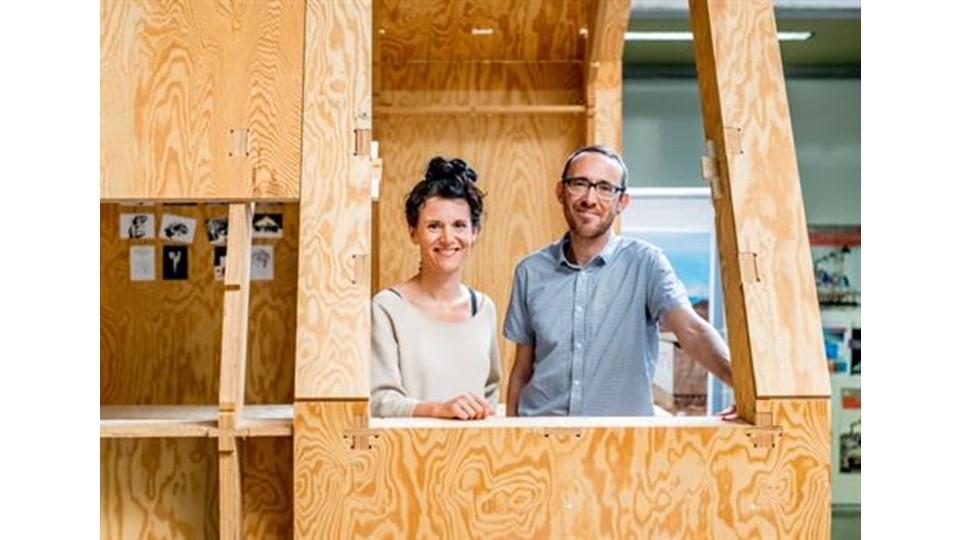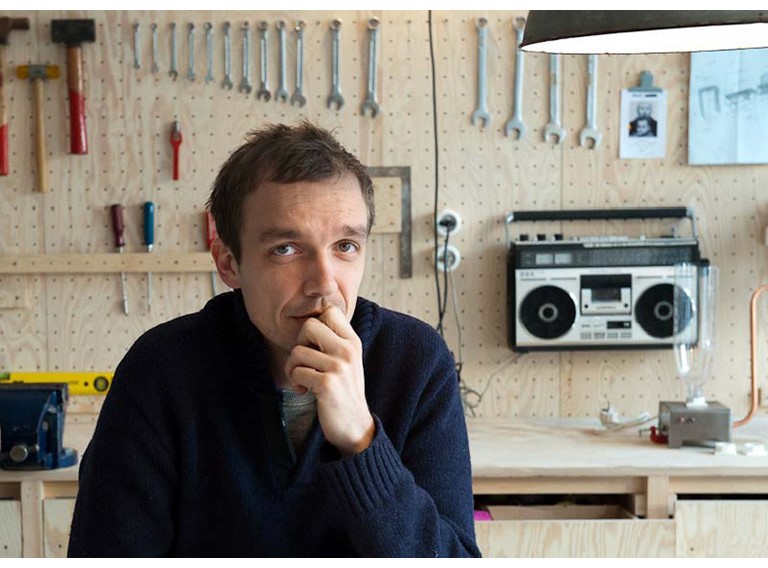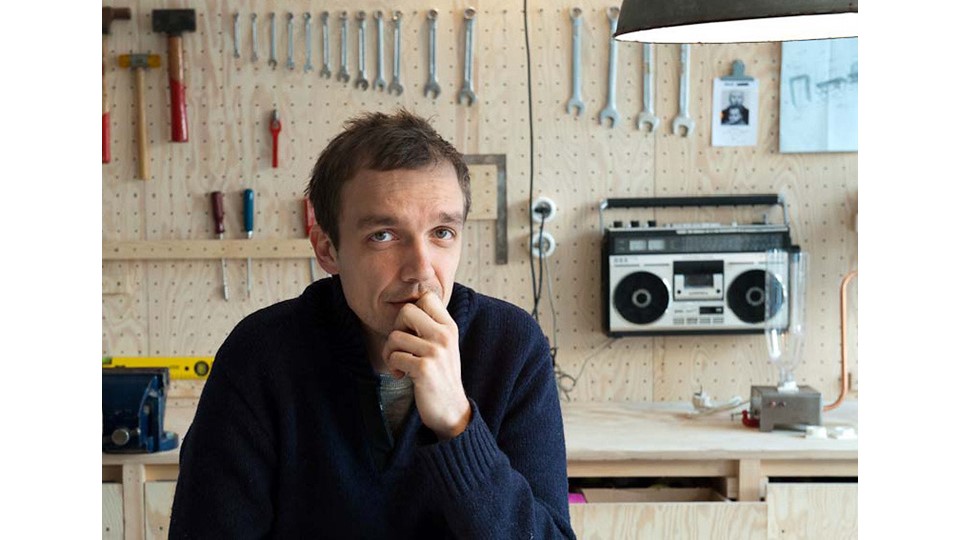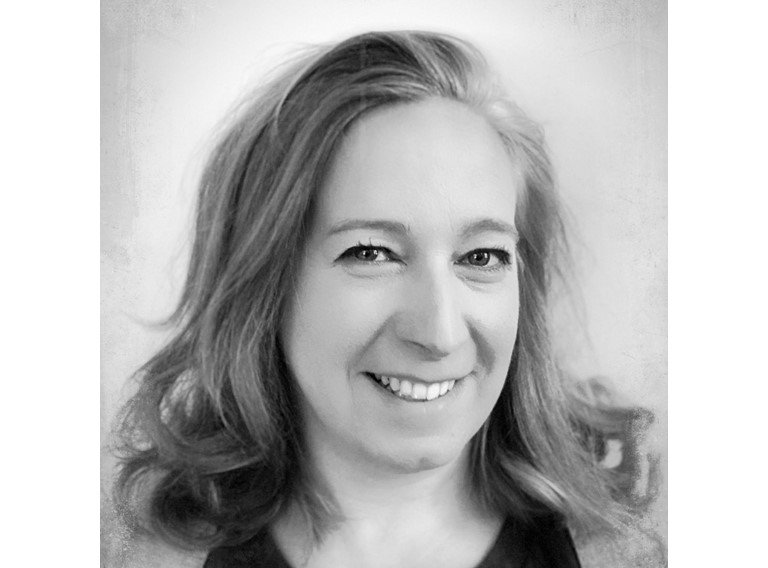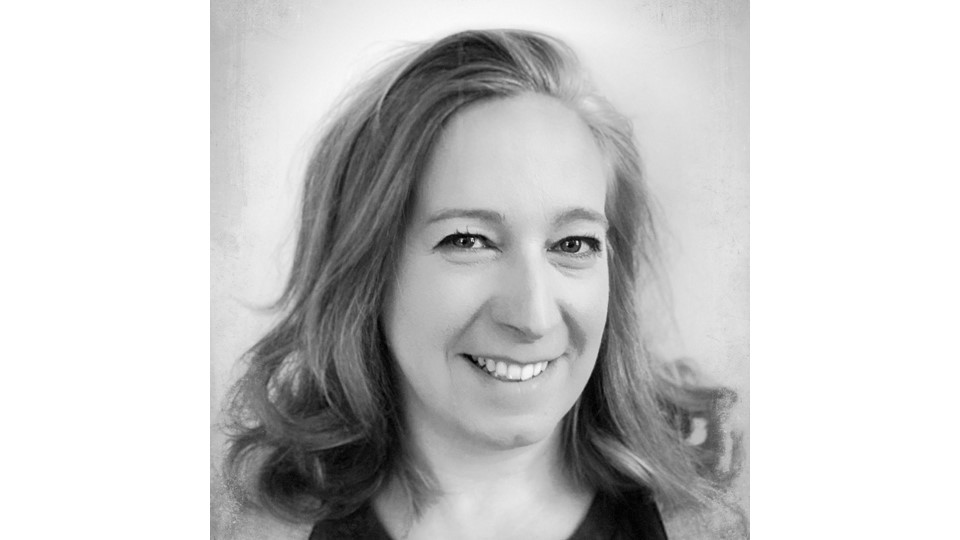Meet the jury seminar: "Designing with Competent Communities across scales"
We would like to invite you to the meet the jury seminar 'Designing with Competent Communities across scales: Participatory design contributions to mobilizing communities in sustainable urban renewal.'
Following, in the afternoon, will take place Teresa Palmieri PhD defense 'Prototyping Residential Subdivisions: A participatory prototyping approach for developing capacities for sustainable futures in suburban dwelling contexts'.
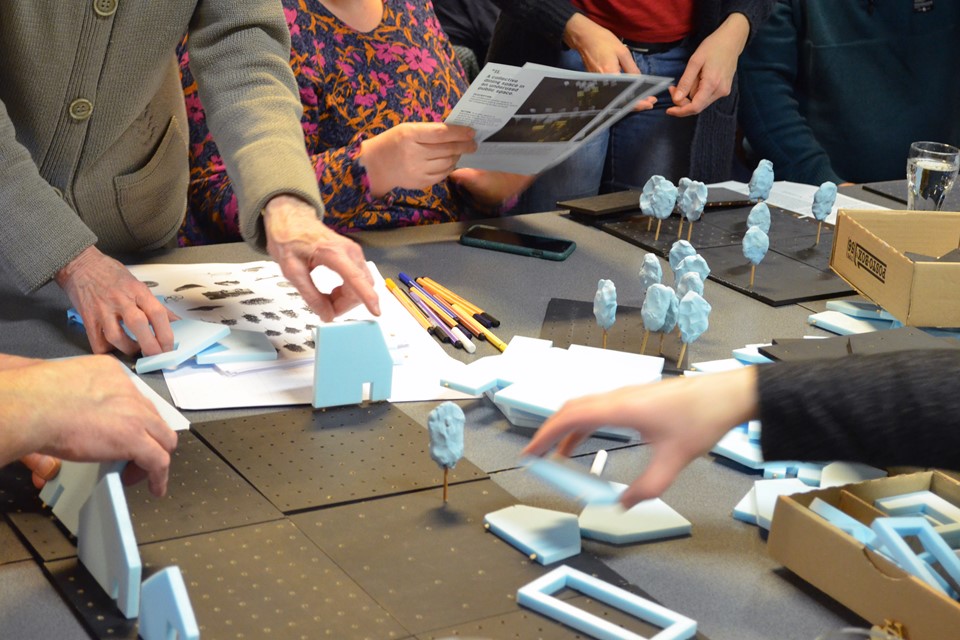
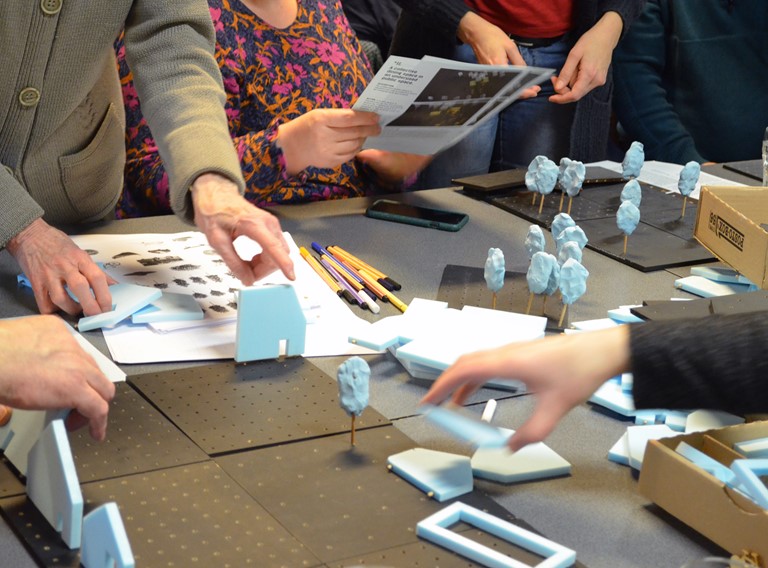
Dit event is reeds afgelopen
Topic of the seminar
Designing with Competent Communities across scales: Participatory design contributions to mobilizing communities in sustainable urban renewal.
Supporting sustainable transitions for our cities, towns and villages is a complex issue which requires change across scales, of the individual and collective, bottom-up and top-down practises which contribute to shaping our urban futures. The seminar investigates the contribution of participatory design research and practice to mobilize diverse communities in sustainable urban renewal. How can participatory design processes and projects support communities which involve diverse groups of actors to develop their capacities to engage in sustainable urban transitions across scales? The question will be confronted via a series of contributions from designers and researchers in the field of participatory design.
Speakers & abstracts:
Thomas Binder [Design School Kolding, Denmark] – is currently a Professor in Design and Sustainability at the Lab for Planet at the Design School Kolding and has previously been part of the co-design research center CODE at the Royal Danish Academy – Architecture, Design, Conservation in Copenhagen. His research includes contributions to methods and tools for experimental design (including participatory prototyping) with a strong focus on Participatory Design and Design Anthropology.
Revisiting the prototype: Having for many years been interested in understanding the design engagement, I have been struggling with conceptualizing design practices as a collaborative coming together of many actors. I have together with colleagues suggested to see such practices as unfolding in open design laboratories (rather than in closed studios) and to conceive of such unfoldings as rehearsals of possible futures (rather than as the substantiation of a design object). With such performative perspectives the status of design artifacts becomes less obvious.Together with others I have proposed to see design artifacts as the outcomes of design experiments guided by a tentative program, and I have suggested to see what is produced in the design engagement as a design thing drawing together a network rather than as an object detached from the practices of engagement. In this talk I will return to the idea of the prototype revisited through a performative lens, with the hunch that we through a concern for the ‘prototypical’ may find productive ways to connect the particularity of speculative design encounters to the successive unfolding of possible futures.
Oswald Devisch [UHasselt] – Oswald Devisch is full Professor in Urban Design at the Faculty of Architecture and Arts, Hasselt University, Belgium. He is coordinator of the research cluster Spatial Capacity Building exploring themes such as autonomous transformation processes, collective learning, strategic participation and the gamification of participatory planning.
Liesbeth Huybrechts [Hasselt University] – is Associate Professor and works in the areas of participatory design, design anthropology and spatial transformation processes in the research group Arck, University of Hasselt. Her main case study in the past years is the project Noord-Zuid Limburg, a large-scale participatory processes on a sustainable mobility (infrastructure) transition in Belgium. In general, she has developed a research interest in the "politics'' of participatory design processes which she explores in several research and educational projects.
Thomas Lommée [Intrastructures, OS_studio] – is a designer and co-owner of the Brussels-based studio Intrastrucures and OS_studio design which explore durable and democratic forms of design develop product-, service- and system-design as tools for change. He has developed OpenStructures, a construction model that links modularity to open collaboration. He is the studio leader of The Morning Studio at Design Academy Eindhoven.
OpenStructures, Shared standards as a key to sustainable design: OpenStructures is a design methodology for modular and cooperative construction. It facilitates circular material flows and simplifies repair and reuse. By anticipating and integrating future adjustments into the DNA of building components, it generates widely interchangeable parts and objects that can be adapted and repaired indefinitely. OpenStructures unfolds through an ongoing exploration by a community of authors that test and evaluate its potential in a variety of disciplines.
Caroline Newton [TU Delft, KU Leuven] – is an associate professor at the Faculty of Architecture and the Built Environment of the TU Delft and visiting professor at the Faculty of Architecture of the KU Leuven. Her research and work focus on the socio spatial dimensions of design and critical spatial practice with interest in the interrelationship between social processes and the built environment.
Engaged planning and design, towards a practice of change: Various citizen initiatives and experiments, such as stRaten-generaal, demonstrate the need for a more committed relationship with the city as living environment. The urban inhabitant asks to participate in city-making. In this talk, I explore if, and how, planners and design professionals can embrace and facilitate this question for participation. I put forward an engaged approach to planning and design, an approach that is normative in nature and grounded in critical thinking. This engaged approach stands in opposition to previous technocratic procedures and current managerial practices. People are at the centre of this engaged approach. Planning and design as engaged practices also require an intentional engagement with the Habitat III agenda's goals, particularly those articulated in the New Urban Agenda (NUA). This commitment to the sustainable and just development of cities, towns and human settlements means that we are working towards building future socially integrated and just societies.
Date and location:
- Meet the jury Seminar 10h - 12h30
- Teresa Palmieri PhD Defence 15h - 17h
- On campus: Oude gevangenis, Martelarenlaan 42, 3500 Hasselt
- Online: via Google Meet
Registration
You can register for the Seminar, PhD defence and Reception via this Google Form
Please fill in the form to let us know which part of the program you will attend and if you will attend on campus or online.
More information
Pictures: Thomas Binder, Liesbeth Huybrechts & Oswald Devisch, Thomas Lommée (picture: Frans Parthesius) and Caroline Newton.

